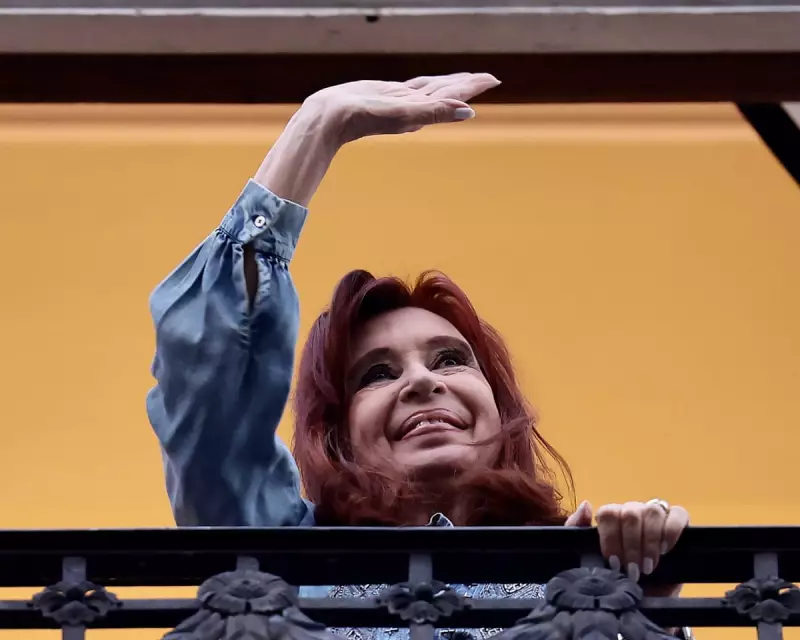
In a dramatic courtroom conclusion that captivated Argentina, Fernando Sabag Montiel has been handed a life sentence for attempting to assassinate former president Cristina Fernández de Kirchner in a shocking 2022 attack that brought the nation to a standstill.
The Day Argentina Held Its Breath
The tense scene unfolded on September 1st, 2022, outside Fernández de Kirchner's Buenos Aires residence where the former president, now serving as vice president, routinely greeted supporters. Security footage captured the chilling moment when Sabag Montiel pushed through the crowd and aimed a loaded .32 calibre Bersa pistol directly at her head from mere inches away.
"The weapon was loaded with five bullets and the trigger was pulled," revealed Judge Carlos Rícoli during the sentencing, emphasising the lethal intent behind the attack. In a moment that many described as miraculous, the gun failed to discharge.
A Political Earthquake
The attempted assassination sent seismic waves through Argentina's political landscape, triggering massive street demonstrations in support of the Peronist leader. The incident occurred amid intense political turmoil, with Fernández de Kirchner facing separate corruption allegations that she has consistently denied, describing them as politically motivated.
The courtroom proceedings revealed disturbing details about the attacker's background. Sabag Montiel, a 35-year-old Brazilian national residing illegally in Argentina, had previously been arrested in 2021 for carrying a knife near the presidential palace.
Co-conspirator Receives Lesser Sentence
In a parallel ruling, Sabag Montiel's girlfriend, Brenda Uliarte, was sentenced to 15 years in prison for her role as an accomplice in the meticulously planned attack. The prosecution successfully argued that Uliarte had provided crucial logistical support and had been aware of the assassination plot.
The sentencing brings partial closure to a case that exposed deep political divisions within Argentina. While Fernández de Kirchner's supporters celebrate the court's decisive action, the incident continues to highlight the volatile nature of the country's political climate and the ongoing tensions surrounding one of its most polarising figures.
As Argentina processes this landmark ruling, questions remain about broader security implications for political figures and the lasting impact on the nation's democratic institutions.





